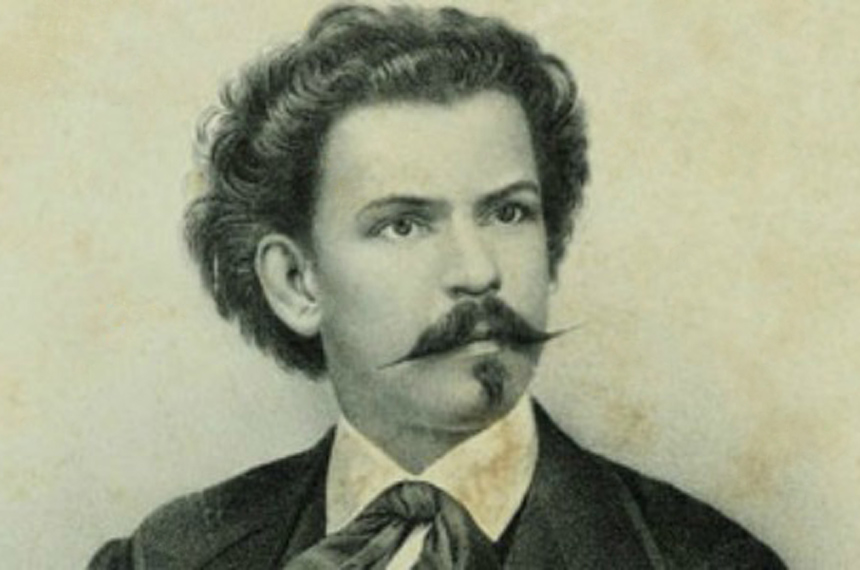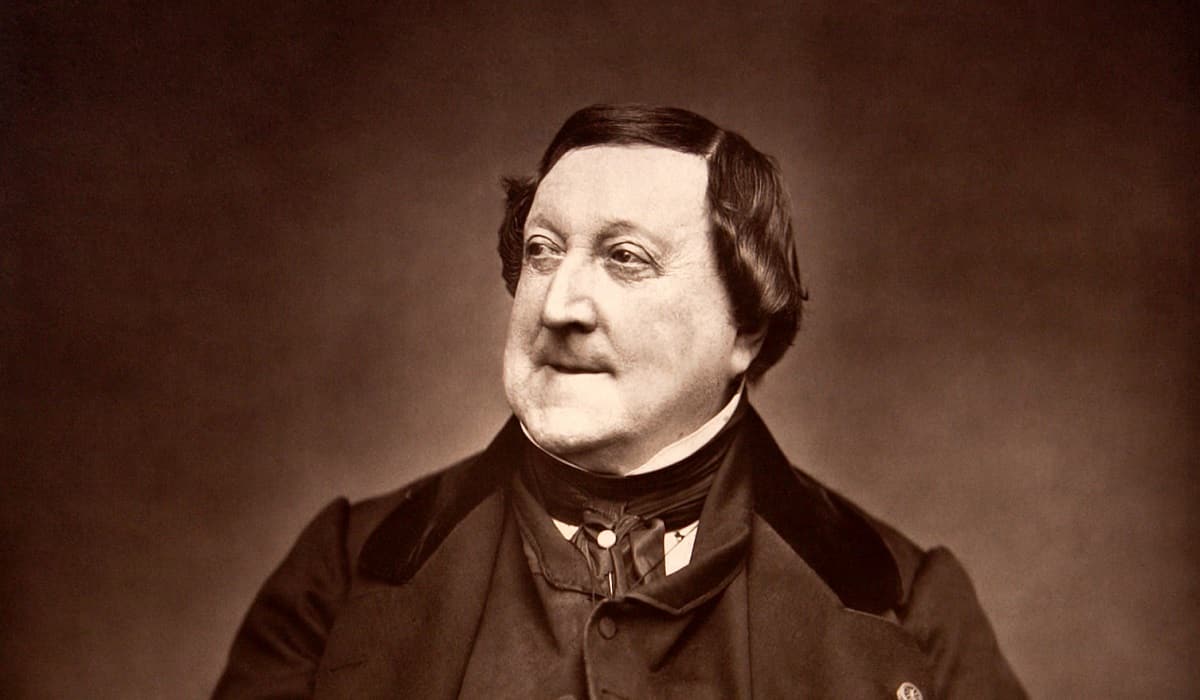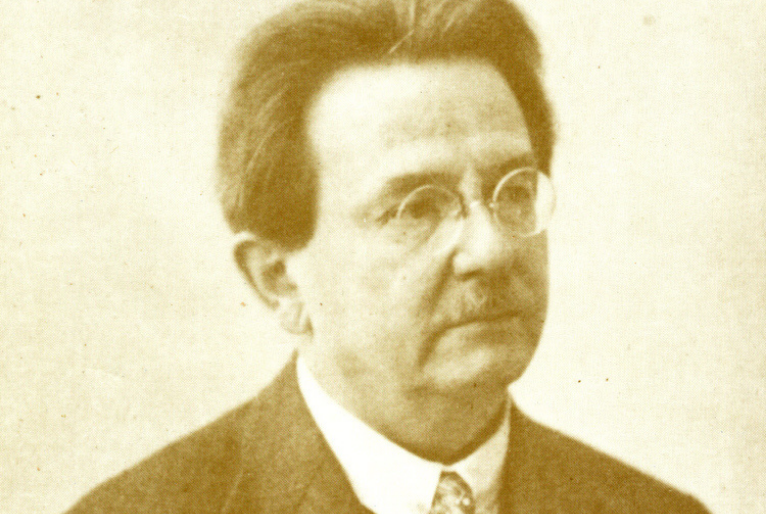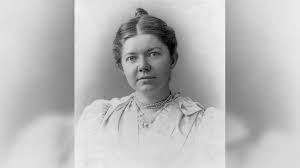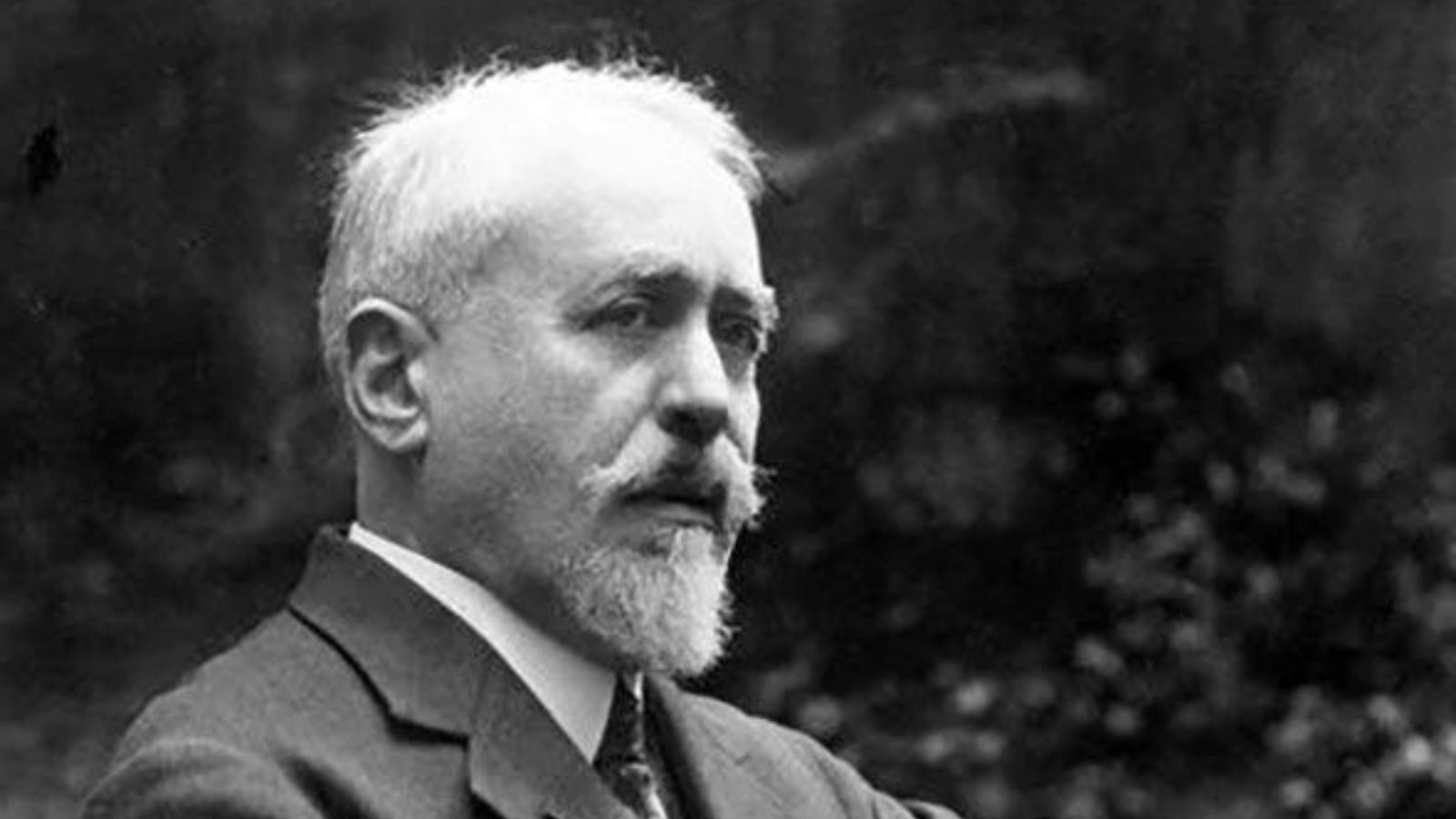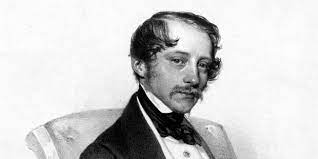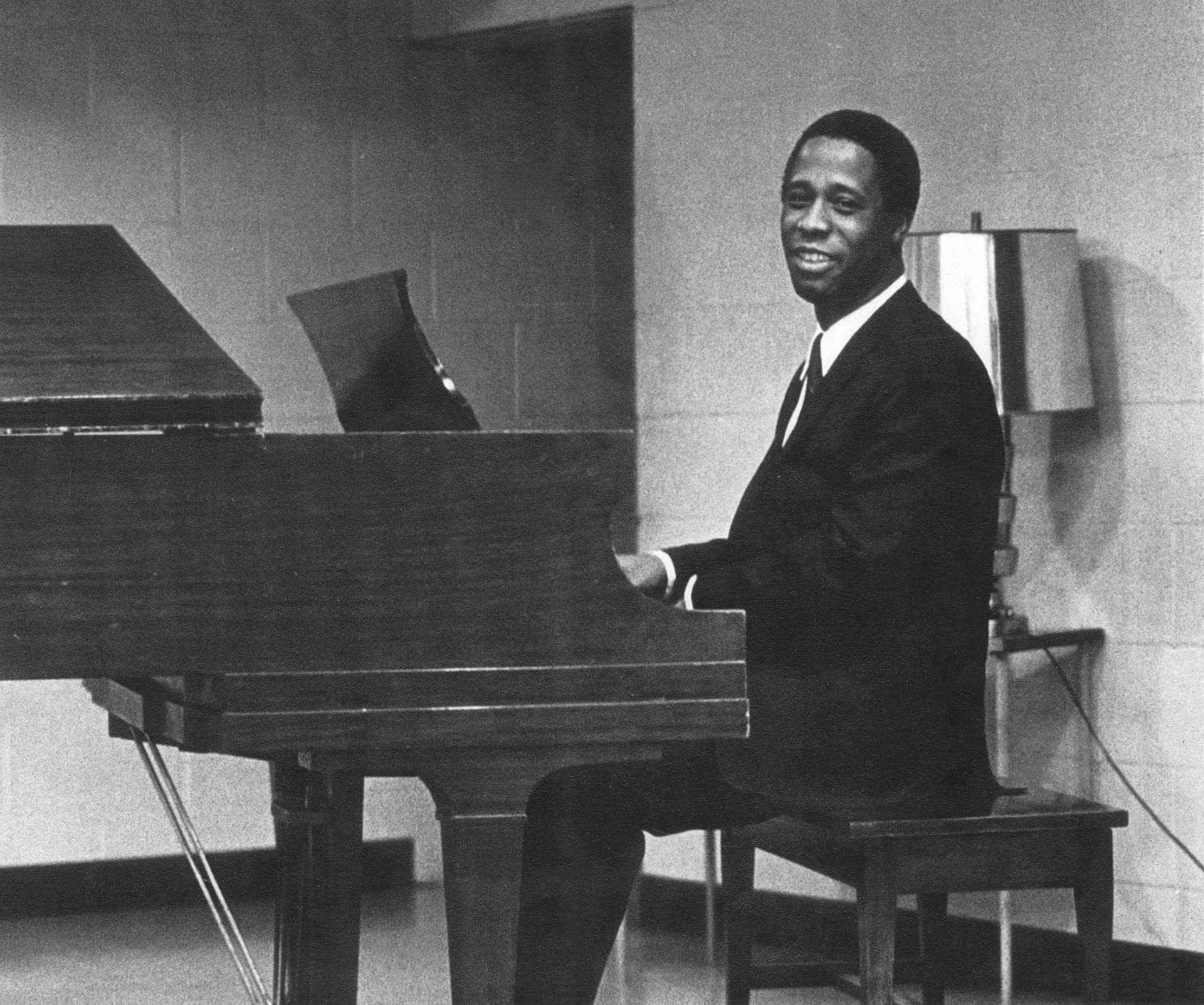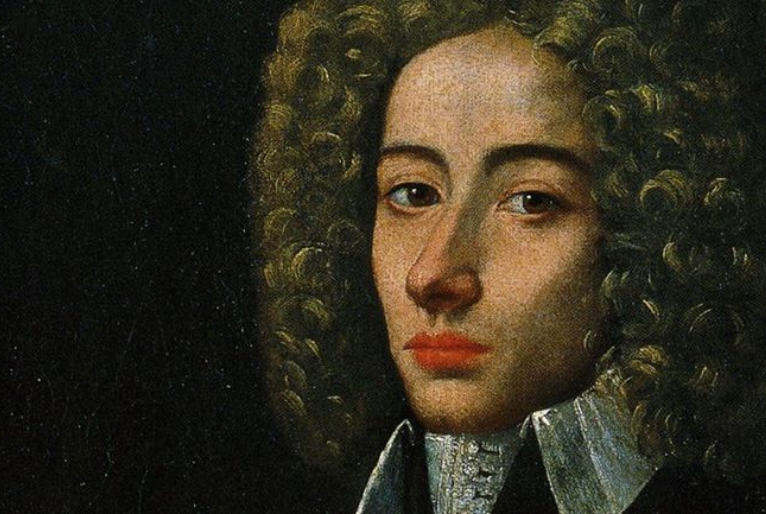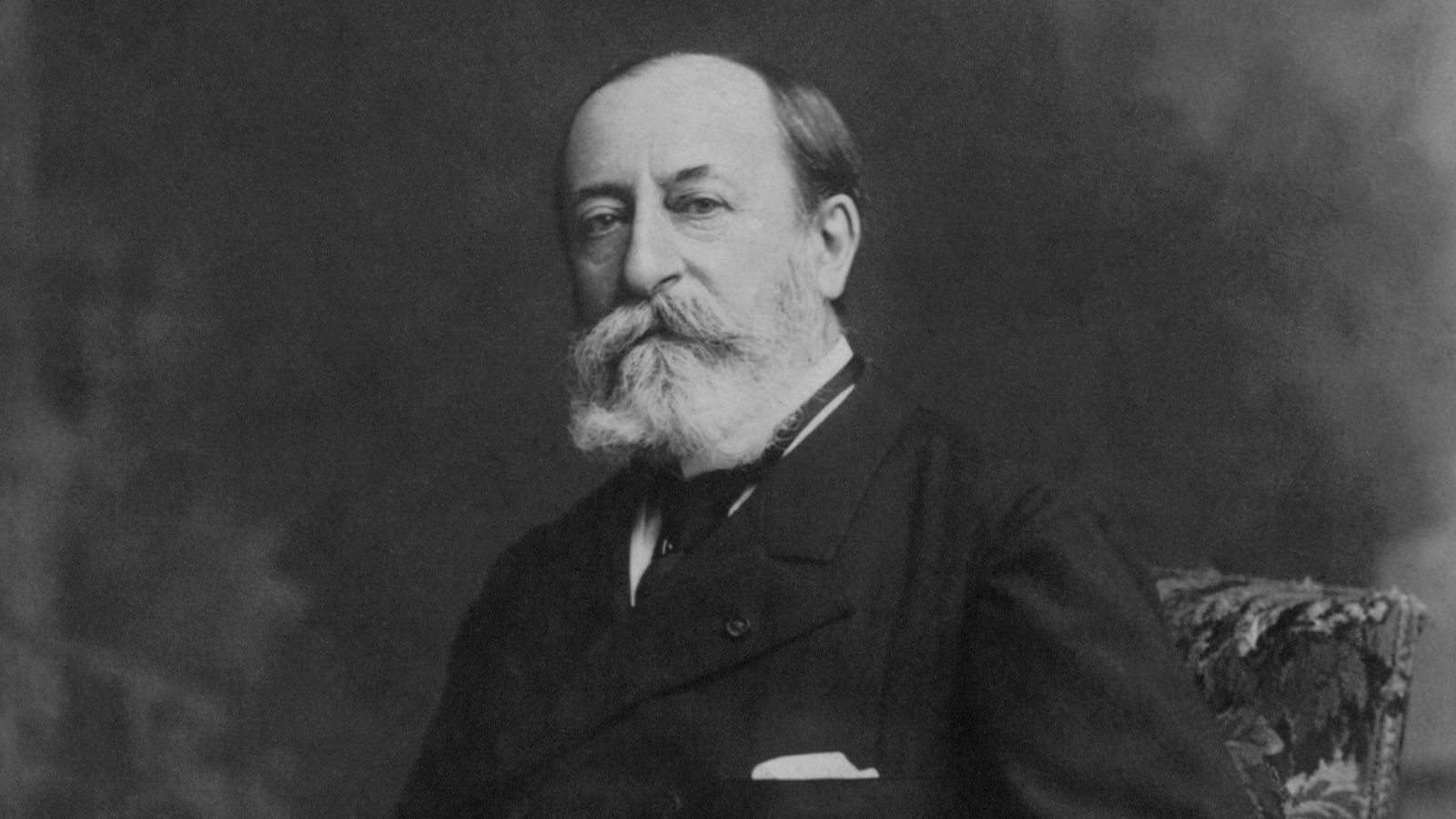Carlos Gomes, born Antônio Carlos Gomes, was a Brazilian composer whose melodies continue to resonate through the annals of classical music history. Born on July 11, 1836, in Campinas, São Paulo, Brazil, Gomes was the son of a military bandmaster and an amateur pianist. His early exposure to music within the familial setting sparked his passion for the art form, leading to his formal education at the Imperial Conservatory of Music in Rio de Janeiro.
Gomes' talent was apparent from a young age, and he excelled in his studies, mastering the piano and composition. His early compositions already hinted at the unique blend of European classical traditions with Brazilian folk elements that would later characterize his work. In 1859, he traveled to Italy on a scholarship, a journey that would profoundly shape his musical identity.
Gioachino Rossini, born on February 29, 1792, in Pesaro, Italy, is celebrated as one of the most influential and prolific composers of the 19th century. His music, characterized by its vibrant melodies, rhythmic vitality, and dramatic flair, has left an indelible mark on the world of opera.
Rossini showed early musical promise, receiving his first music lessons from his father, a horn player and town trumpeter. By the age of 12, he had already composed several small-scale operas. Recognizing his talent, his parents sent him to study at the prestigious Liceo Musicale in Bologna, where he honed his skills in composition and counterpoint.
Franz Schmidt, an Austrian composer, organist, pianist, and cellist, was born on December 22, 1874, in Pressburg, Austria-Hungary (now Bratislava, Slovakia). He emerged as a prominent figure in the late Romantic and early modernist musical landscape, leaving behind a legacy of orchestral works, chamber music, and operas.
Schmidt's musical journey began at an early age when he showed exceptional talent as a cellist. He studied at the Vienna Conservatory, where he honed his skills in composition under the guidance of renowned composers such as Robert Fuchs and the legendary Gustav Mahler. Mahler's influence, in particular, left a profound mark on Schmidt's musical style and approach.
Amy Marcy Beach was a prominent American composer and pianist, recognized for her contributions to classical music in the late 19th and early 20th centuries. Here are 10 interesting facts about her life and work:
1 - Early Prodigy: Born in 1867 as Amy Marcy Cheney in New Hampshire, Beach displayed remarkable musical talent from a young age. She began composing music at the age of four and gave her first public performance at seven.
Paul Dukas, a luminary in the realm of classical music, was born on October 1, 1865, in Paris, France. His life, though less prolific in output compared to some of his contemporaries, left an indelible mark on the world of music through his compositions and his influence on subsequent generations.
From an early age, Dukas displayed an aptitude for music, studying piano with some of the finest instructors in Paris. His exceptional talent soon led him to the Paris Conservatoire, where he studied composition with notable figures such as Théodore Dubois and Emmanuel Chabrier. It was during this time that his compositional prowess began to emerge, showing glimpses of the genius that would later define his career.
Otto Nicolai, a luminary in the realm of 19th-century music, was born on June 9, 1810, in Königsberg, Prussia (now Kaliningrad, Russia). His life's narrative weaves a tale of artistic fervor, entrepreneurial spirit, and profound musical innovation.
From an early age, Nicolai exhibited an exceptional aptitude for music, mastering various instruments and demonstrating a keen ear for composition. His musical education began under the tutelage of his father, Carl Ernst Daniel Nicolai, a musician and composer himself. Under paternal guidance, Otto delved into the intricacies of harmony, counterpoint, and orchestration, laying the groundwork for his future endeavors.
Scott Joplin, often dubbed the "King of Ragtime," was a pioneering American composer and pianist whose innovative compositions forever changed the landscape of American music. Born sometime between 1867 and 1868 in Northeast Texas, the exact date of Joplin's birth remains uncertain due to a lack of official records. Raised in a musical family of former slaves, Joplin showed early promise as a musician, learning to play the piano at a young age.
Despite facing numerous challenges as an African American during the post-Civil War era, Joplin's passion for music persevered. He honed his skills by studying music theory and composition, eventually venturing out to perform in various clubs and saloons across the Midwest. It was during these formative years that Joplin began experimenting with a syncopated style of music known as ragtime, blending elements of African rhythms with European musical traditions.
Giovanni Battista Pergolesi, one of the most renowned composers of the Baroque era, was born on January 4, 1710, in Jesi, Italy. Despite his short life, Pergolesi's musical legacy continues to captivate audiences centuries later.
From an early age, Pergolesi exhibited prodigious musical talent, receiving his initial training in music from his father and later studying at the Conservatorio dei Poveri di Gesù Cristo in Naples. It was in Naples where Pergolesi honed his skills and developed a deep understanding of the operatic and sacred music forms that would come to define his career.
1 - Musical Prodigy: Born on October 9, 1835, in Paris, France, Camille Saint-Saëns displayed remarkable musical talent from an early age. He started playing the piano at the age of two and composed his first piece at just three years old.
2 - Prolific Composer: Saint-Saëns was an incredibly prolific composer, leaving behind a vast body of work across various genres. His compositions include symphonies, operas, concertos, chamber music, and works for solo piano and organ.
1 - Life and Background: William Byrd was born in London, England, around 1540. He lived during the Elizabethan era, a period of great cultural and artistic flourishing in England.
2 - Education and Training: Byrd received his early musical education as a chorister at St. Paul's Cathedral. Later, he studied under Thomas Tallis, another prominent English composer of the Renaissance period.
